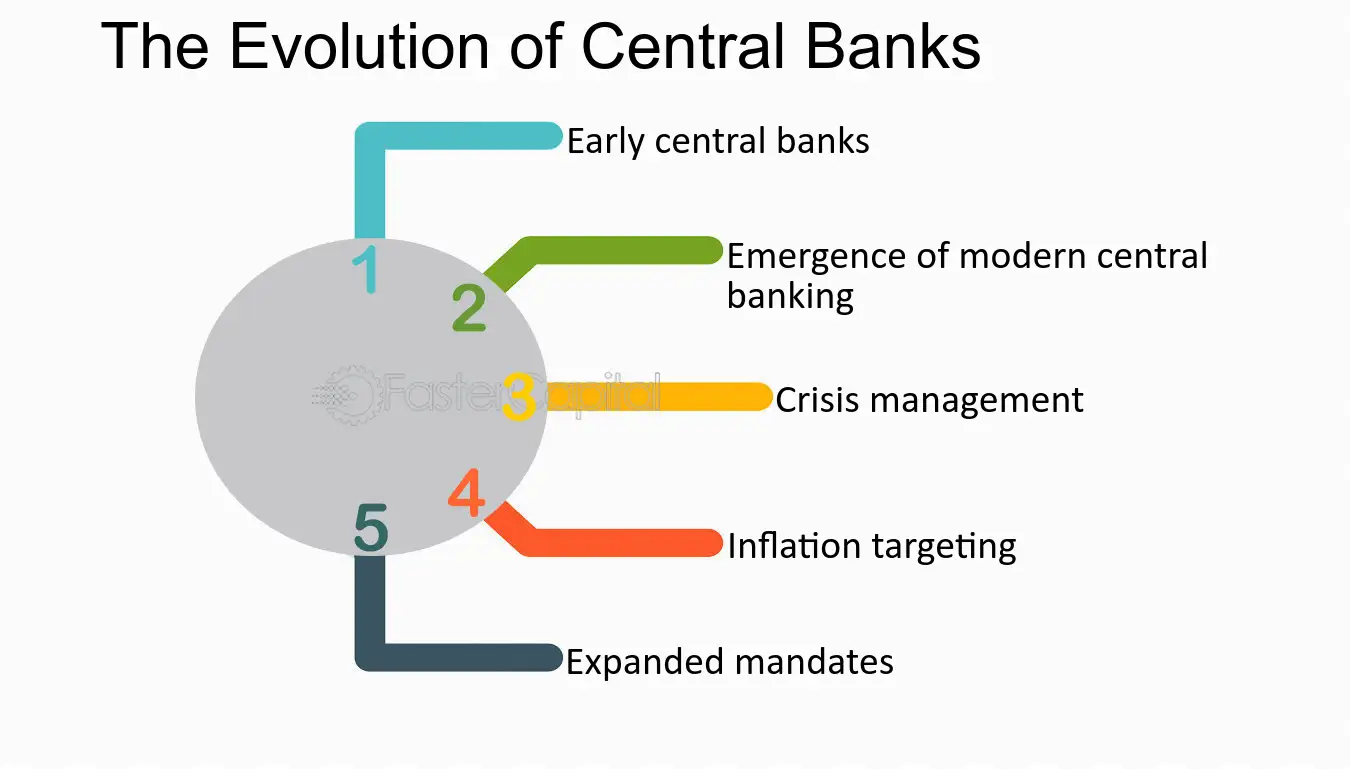Beginner’s Guide to Intermittent Fasting: How to Start and Stay Healthy

21/08/2025
Author: Kamrul
Intermittent fasting (IF) has become a popular way to support weight management, energy, and overall health. But starting can feel confusing—when should you eat, what should you drink, and how do you stay energized?
This guide breaks it down into simple steps for beginners, so you can start fasting safely and effectively.
1. Understand the Basics 🧠
Intermittent fasting isn’t a diet—it’s an eating schedule. The most common approach is the 16/8 method, which means fasting for 16 hours and eating within an 8-hour window.
Tip: Start slowly. Try a 12-hour fasting window at first, like 7 PM to 7 AM, and gradually increase.
2. Pick the Right Fasting Schedule ⏰
There are several ways to practice IF:
-
16/8 Method: Fast 16 hours, eat 8 hours.
-
5:2 Method: Eat normally 5 days, reduce calories on 2 non-consecutive days.
-
Eat-Stop-Eat: 24-hour fast once or twice a week.
Tip: Choose a schedule that fits your lifestyle—it’s easier to stick with consistency.
3. Stay Hydrated 💧
During fasting, your body still needs water, herbal teas, or black coffee. Staying hydrated can help reduce hunger and maintain energy.
Try this: Drink a glass of water first thing in the morning and keep sipping throughout your fasting hours.
4. Eat Nutritious Foods During Eating Windows 🥗
When it’s time to eat, focus on balanced meals with:
-
Proteins (eggs, chicken, beans)
-
Healthy fats (avocado, olive oil, nuts)
-
Whole grains (brown rice, oats)
-
Fruits and vegetables for vitamins and fiber
Tip: Avoid binging on processed or sugary foods—they can undo the benefits of fasting.
5. Listen to Your Body 🧘♀️
Hunger is normal, especially in the first few days. But don’t push through extreme fatigue or dizziness. Intermittent fasting should feel manageable, not punishing.
Tip: If you feel unwell, shorten your fasting window and gradually increase it over time.
6. Combine IF With Light Activity 🏃♂️
Moderate exercise, like walking, yoga, or strength training, can boost the benefits of intermittent fasting without overtaxing your body.
Try this: Walk for 20 minutes before breaking your fast—it can improve energy and digestion.
7. Be Consistent and Patient ⏳
Results won’t appear overnight. Intermittent fasting is about sustainable habits, improved digestion, and better energy levels. Patience and consistency are key.
Emotional Reminder 💡
Intermittent fasting is not a quick fix. It’s a lifestyle choice that helps you connect with your body, develop discipline, and enjoy healthier eating habits. Celebrate small wins, like completing your first 12-hour fast or feeling more energetic in the morning.
Final Thoughts
Getting started with intermittent fasting is simpler than it sounds. Start slowly, focus on hydration, eat balanced meals, and pay attention to how your body feels. With patience and consistency, IF can become a powerful tool for energy, focus, and overall wellness.
💡 Action Step: Tonight, try your first 12-hour fast and break it with a wholesome, balanced breakfast tomorrow. Notice how your body feels!


















